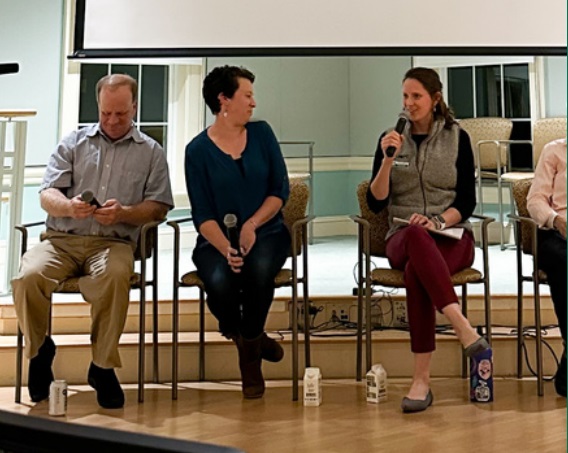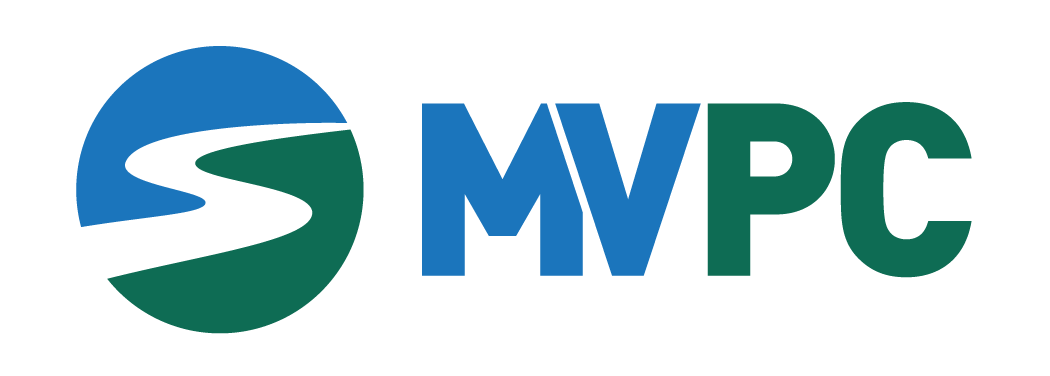MRC Outreach and Education
Outreach and Education Initiatives
The Merrimack River Collaboration aims to raise awareness and call to action crucial issues through it’s dynamic outreach and educational initiatives. The MRWC has hosted presentations on CSO issues for pertinent interest groups. In addition, the MRWC in collaboration with the MVPC have participated on the Storm Surge Panel held in Newburyport. Public outreach has been a great tool for engaging in grassroots activism, as ACES has hosted a multitude of regional educational engagement opportunities. For more information and previous efforts from the MRC, find our Annual Report at the bottom of this page.
Interest Group Presentations
In August 2023, the Merrimack River Watershed Council presented a slideshow on Merrimack River CSO issues to members of the region’s public library consortium. Over 400 signed up for the event.
Similar presentations were given to the Greater Newburyport Chamber of Commerce, Team Haverhill, and Plum Island Surfcasters Club. Funding for outreach and educational activities provided by the M&T Charitable Foundation’s Amplify Fund.

MRWC’s John Macone, Ipswich River Watershed Association’s
Erin Bony-Casey, and MVPC’s Hanna Mogenson
Public Outreach
Public outreach bridges the gap between our partners and communities, fostering mutual understanding and involvement. ACES helped to organize the Newburyport Earth Day Celebration and High School Internship & Career Fair in 2023. At both events, ACES hosted several booths, including a table addressing the health of the Merrimack River, a display of the MRWC’s physical model of the watershed, results from the Merrimack River User Survey, and opportunities for youth involvement in ACES and ally programs.
Educational Engagement
In 2023, ACES sponsored an intern to conduct a more detailed reexamination of the Merrimack River User Survey focusing on 9 metropolitan communities in Lawrence and Lowell, MA and in Nashua and Manchester, NH. This work addressed questions being raised regarding identification of overall, community-based land and water use, conservation, and management goals. Public education is essential for empowering individuals and communities with knowledge and skills that foster a more informed and active citizenry.
